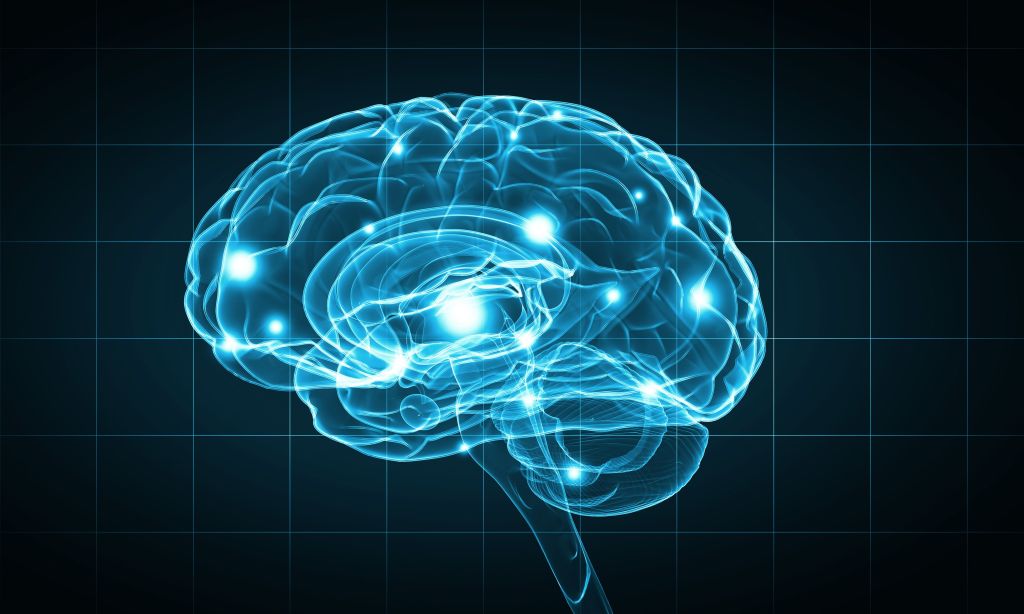Why is it that people are willing to devote such time to the game? It’s undoubtedly the fact that chess involves an intense intellectual challenge that’s very good for the health of your mind.
If you’re a chess lover, this article will reveal to you the wonderful things playing chess does to the brain. If you haven’t started, then this should be a motivation to start playing.
Here are 7 ways Playing Chess Can Make You Smart;
- Chess helps improve memory.

It may come as no surprise that professional chess players have excellent recall skills. After all, the game requires memorizing countless movements and their possible results.
It’s also worth noting that experienced chess players do better in terms of a certain type of recollection: auditory memory. This is the capacity to recall information learnt through hearing.
In one experiment, researchers compared skilled chess players’ memory performance to that of persons with no chess experience. They discovered that chess players were substantially better than non-chess players in recalling lists of words they’d heard.
Skilled chess players have an above-average capacity to memorize and detect visual patterns, which experts believe stems from learning intricate chess situations.
- Playing Chess increases your level of creativity.
Researchers at an Indian school assessed two groups of kids’ creative thinking abilities. One group had chess training, whereas the other did not.
Students were encouraged to come up with alternative applications for ordinary goods as well as to identify patterns and meaning in abstract shapes. Chess players performed better on exams. Chess, according to the researchers, improved pupils’ capacity to think in varied and innovative ways.
- Chess allows you to achieve a flow state.
Flow is a very satisfying state of entire involvement in which you are doing at your best in a difficult endeavor. Athletes, artists, and performers frequently describe entering a time warp in which they are so completely concentrated on the work at hand that their awareness of everything beyond the performance appears to vanish.
Theta waves are heightened in electroencephalograms (EEGs) obtained when people are in a state of flow, according to researchers who study brain activity. The same high levels of theta waves have been seen in brain scans of skilled chess players during progressively tough chess matches.
4. Chess improves planning abilities.
Chess games are noted for lengthy periods of silence in which players analyze each move. Players spend a lot of effort predicting their opponents’ reactions and striving to foresee every possible outcome.
One of the cognitive health benefits of chess is the development of that mental habit – thorough thought and planning.
5. Chess can improve the efficacy of therapy.
Some counselors and therapists play chess with their clients to help them become more self-aware and to develop more successful therapeutic connections.
Chess, as a creative treatment method, allows you to examine your reactions to stress and problems as they develop throughout a match. Your therapist is present to assist you in evaluating your answers and learning more about why you react to challenges in the manner that you do.
6. Chess may help to prevent dementia.
Chess’ complicated mental flexibility may help prevent older adults from dementia, according to a 2019 research review.
Researchers discovered evidence that the game, which tests memory, math, visual-spatial skills, and critical thinking abilities, might help slow cognitive decline and delay dementia symptoms as people age.
7. Chess improves your concentration
Unsurprisingly, the intense concentration that the game of chess demands serves as really good exercise for players, who can then apply those skills of concentration to other areas of their life! Getting distracted or thinking about something else for even a moment can result in the loss of a match, partly because an opponent is not required to tell you how he moved if you didn’t see it.